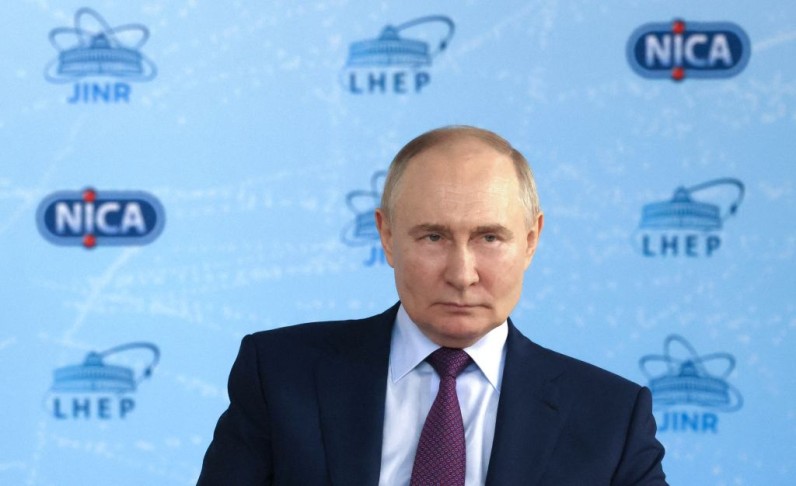
Russian President Vladimir Putin has signed into law a bill that increases income taxes for wealthy individuals to boost government revenues amid the ongoing conflict in Ukraine.
ABC News learned that the legislation, approved by both houses of parliament and endorsed swiftly by Putin, marks a departure from Russia's longstanding flat-rate tax system. The previous tax system had been in place since 2001 and was credited with improving revenue collections.
Under the new law, individuals earning up to 2.4 million rubles ($27,500) annually will face a 13% income tax rate. For those earning above this threshold, progressively higher tax rates will apply, building up to a maximum rate of 22% for incomes exceeding 50 million rubles ($573,000).
Putin has indicated that this tax hike will impact only a small fraction-approximately 3.2%-of Russia's taxpayers.
In addition to changes in personal income tax, the bill also mandates an increase in the corporate income tax rate, rising from 20% to 25%.
READ MORE : Russia's Plot to Assassinate CEO of German Arms Firm Supplying Ukraine Thwarted by US, Germany
Increased Tax on Wealthy Russians
The Russian government anticipates that these reforms will generate an estimated 2.6 trillion rubles ($29 billion) in additional federal revenues by the year 2025.
With this, Russia seeks to reduce its dependence on oil revenues, a move prompted by escalating Western sanctions targeting its energy exports. The tax hike will be part of Russia's efforts to diversify and stabilize its revenue sources and pivot towards more sustainable domestic economic drivers.
Putin also hopes to offset financial pressures worsened by heightened military expenditures as Ukraine conflicts continue. VCPost earlier reported that even Russian oligarchs are avoiding overspending due to financial issues brought on by US sanctions.







Join the Conversation